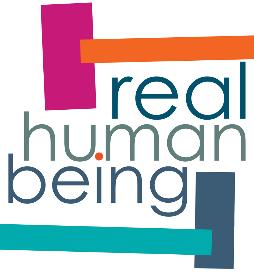Dateline 21012/13
With Support from The Home Office, Disability Wales and Taking Flight Theatre Company; an integrated company working with disabled and non disabled professional actors, have developed a theatre piece. This will seek to educate young people about the impact of Disability Hate Crime (DHC) on the lives of disabled people. The performance will be delivered to year 8/9 (aged 12-14) secondary school pupils and young people engaged with the local Youth Service.
These young people will watch a piece of theatre and then work with a facilitator and the professional actors to dissect the issues in the piece, explore characterisation and explore solutions to the problems encountered.
Forum Theatre techniques will be used, this allows young people to work in a safe, controlled environment to revisit scenes ‘stop’, ‘rewind’ or ‘fast forward’ the action in order to suggest changes to the behaviour of the victim, and explore the motivations of the antagonists. Further techniques such as ‘thought tracking’ and ‘hot seating’ characters allows participants to gain not only a deeper understanding of the impact of DHC upon its’ victims, but also the thought process and psychologies which lead to someone becoming a perpetrator of such crime.
The theatre piece has been devised in conjunction with focus groups from within the local disabled community who have shared their experiences with the writer and director. To ensure a well rounded script it has been developed with help from young people engaged with the youth service across Bridgend.
The project is funded up until April 2013. It is a pilot project focussed within the Bridgend area of South Wales. The project helps schools to explore the issue of DHC amongst young people and encourage a better understanding and respect for diversity and difference.
Real Human Being
Written by Matthew Bulgo
Directed by Elise Davison
Facilitation by Beth House
Actors – Cara Readle, Dan Edge, Simon Morgan Thomas, Amy Griggs
The Equality Human Rights Commission (EHRC) state that schools have a significant role to play in changing attitudes to disabled people through:
- increasing integration and inclusion of disabled pupils into society on an equal basis with non-disabled pupils
- reducing fear of difference and encouraging understanding of diversity
- dealing effectively with bullying of disabled pupils, both at school and outside it
- Dealing effectively with pupils harassing disabled people in public places and on public transport.
There are a number of recommendations set out in the ‘Hidden in Plain Sight'(pdf external link opens in new window) Sept 2011 report that specifically relate to the education sector including:
- Helping young people to understand disabled people and the social model of disability, and the prejudice that disabled people face within society. To provide a better understanding and respect for diversity and difference.
- Help young people know what to do when they see others perpetrating bullying and harassment, both in school and outside (on public transport, in public places, etc.).
Schools and colleges should identify and implement interventions to prevent harassment occurring in the first place and develop responses to prevent escalation and invest in awareness campaigns aimed at encouraging victims of disability-related harassment to come forward.
Our project Real Human Being provides schools with a unique opportunity to explore the issue of disability-related harassment with young people through interactive forum theatre.



